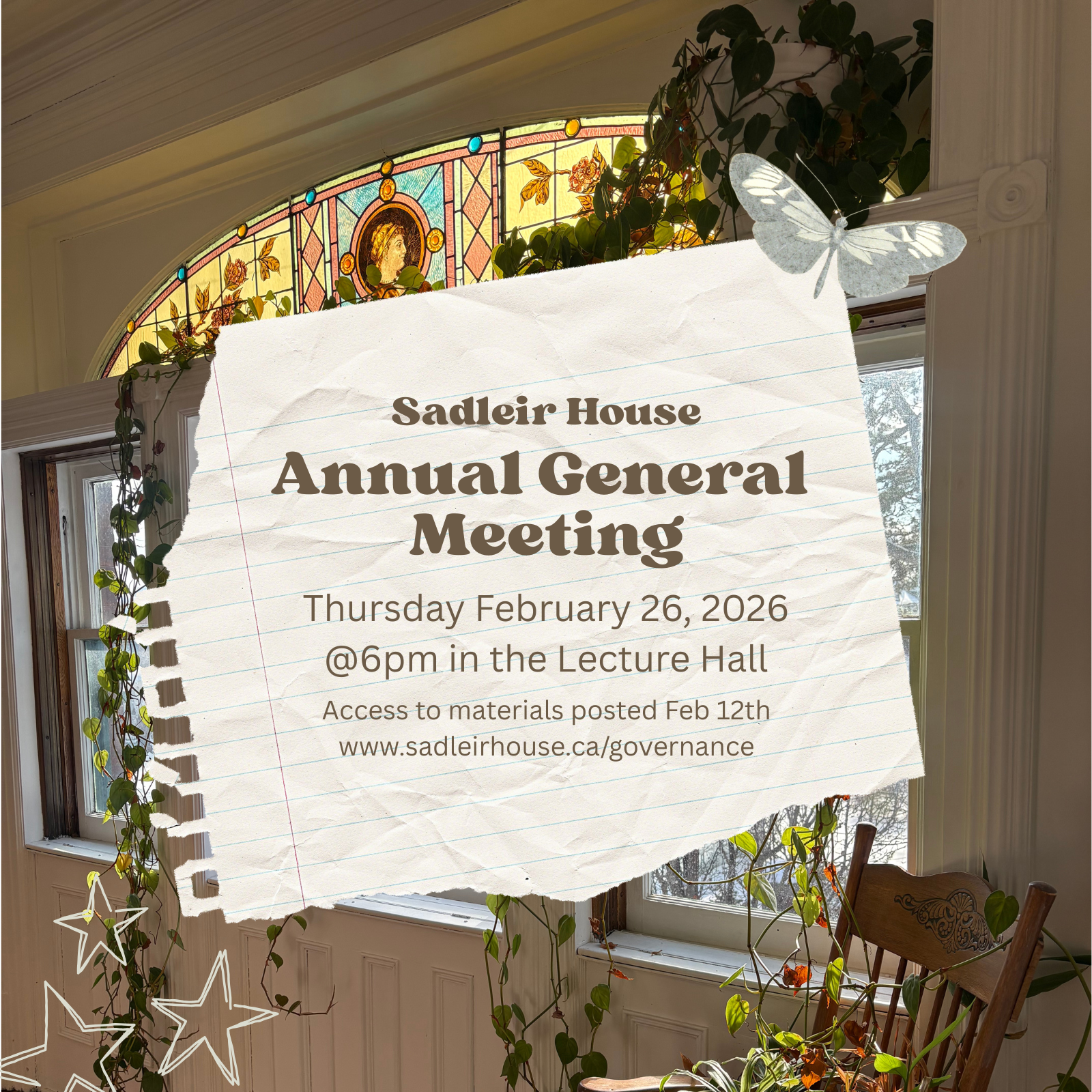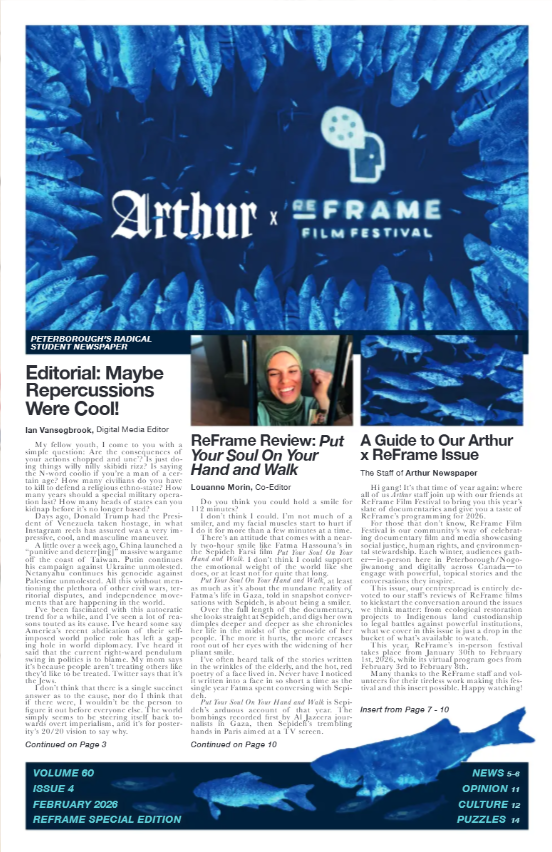Google is so widespread that it is used as a common verb. When it’s clear people lack knowledge on a topic they are often told to “Google it”. On Feb. 22, 2023, Google announced it would be blocking or restricting some Canadian News content as a result of a dispute over Bill C-18 known as the Online News Act. A few years ago, Meta (then Facebook) announced that it would block news content, as discussed in the Arthur Article “News Goes Down Under!” over similar legislation in Australia. Arthur as a member of the Canadian University Press (CUP), is caught up in the debate and fallout surrounding Bill C-18 which is in second reading at the Senate of Canada. To solve the issue of declining newspaper funding from advertising the government is proposing to require search engines and social media sites to bargain with Canadian news organizations for any links shared.
Arthur is a Canadian organization as defined in section 248(1) of the Income Tax Act and makes news content. News content is defined in Bill C-18 as “any format, including an audio or audiovisual format — that reports on, investigates or explains current issues or events of public interest” such as coverage of Trent Central Student Association (TCSA) meetings, city council, Drag Storytime counter-protests and more stories as well as analysis of current events. Arthur is directly impacted by Bill C-18. It should be noted that a newspaper can opt out of some of the changes made as a result of Bill C-18.
The Minister of Canadian Heritage, Pablo Rodriguez, introduced Bill C-18 on April 5th, 2022. Liberal MP Chris Bittle, said
“A bankrupt press is not a free press. To play its fundamental role, the press needs revenue. This principle is at the core of Bill C-18, and it is at the core of our approach to supporting strong and independent journalism.”
These comments are being made in the context of declining revenues from advertising for news outlets and a drop in the number of newspapers. MP Bittle also pointed out that Google and Facebook make 80% of all advertising dollars for news.
The controversy over the legislation is due to requirements for search engines and social media sites known as digital news intermediaries to pay Canadian media when links are shared on their sites through bargaining with qualified media. There’s also the perception of government interference. An additional concern is whether links to news will continue to be published for free. This issue was raised by journalist Jen Gerson, a witness at the Canadian Heritage committee who made the point that news organizations benefit when links are posted on search engines and countered the argument that media is losing money from search engines when they share links. An additional concern raised is that Bill C-18 could cause dependence on revenue which could be reversed by future governments. Academic Micheal Geist shared a video from a committee where a Facebook spokesperson and MP confirmed that Facebook would be subjected to Bill C-18 if users included links to news.
On May 31st, 2022 Canadaland wrote an open letter signed by 100 other news organizations saying that it was concerned that Bill C-18 would not benefit smaller media. The letter stated that these organizations wanted fairness and compensation from bargaining to be directed to journalism. Smaller newspapers have less bargaining powers as a result of not being widely known or focused locally. This is true for the majority of student newspapers which is why CUP members voted to allow it to represent them in bargaining. A list of Canadian media that is eligible for bargaining will be published by the CRTC.
There is support for Bill C-18 in Canadian newsrooms including News Media Canada which represents print and digital media in Canada. Paul Deegan, President and Chief Executive Officer shared that News Media Canada is in support of the bill due to the ability of news organizations to negotiate collectively with digital news intermediaries which address a power imbalance, includes an enforcement mechanism to ensure a best offer is made with a mediator who will pick the best offer between the parties and claimed that legislation is working in Australia. Paul Deegan gave an example that was shared in a news article of a Sydney professor who made the observation that it was easier for Students in Australia to find opportunities with internships and full time employment in journalism as a result of legal changes similar to Bill C-18.
CUP members voted at their AGM to grant it the authority to create a bargaining team that acts on member’s behalf. As Google and Meta are threatening to block news there will be uncertainty and questions about the power and influence of large corporations on how news is consumed. Student journalism could be caught in fallout both positive and negative. The future could be hot with renewed funding to news separate from diminishing ad revenue or frozen if news is blocked.





.png)













.jpg)


.jpg)


.jpg)
.jpg)

.png)